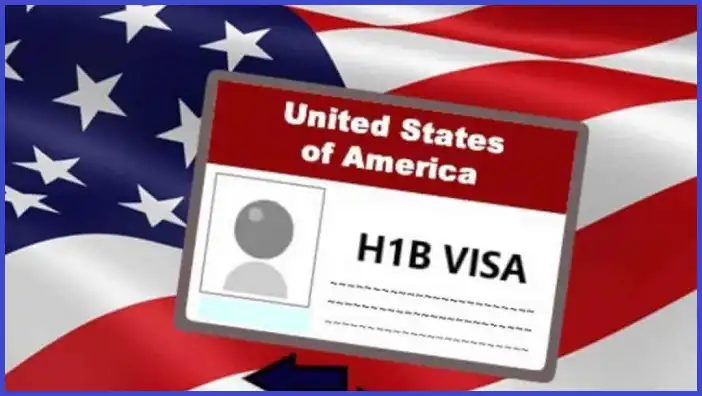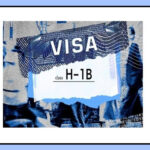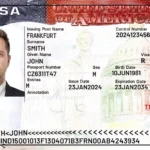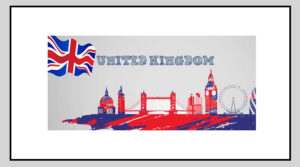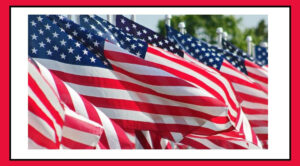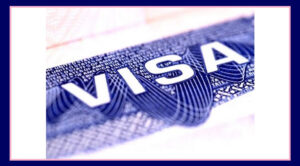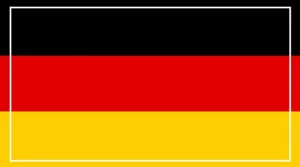In a major policy shift, the Trump administration is planning changes to the H-1B visa system, which lets U.S. companies hire skilled foreign workers.
Joseph Edlow, the newly appointed head of U.S. Citizenship and Immigration Services (USCIS), said that companies offering higher wages should get priority.
This would replace the current lottery system, which gives out 85,000 visas each year, regardless of salary.
Edlow explained that the goal is to make sure the program “adds to, not replaces” the American workforce.
Some conservatives in the Republican Party have criticized the current system, saying it lowers wages for U.S. workers.
Vice President JD Vance recently claimed that companies are firing Americans to hire cheaper foreign workers instead.
But many tech industry leaders — including some who support Trump — disagree. They say the H-1B program is critical because there aren’t enough skilled U.S. workers, especially in areas like AI, cybersecurity, and software development.
Citizenship Test May Get Tougher
Edlow also said that the U.S. citizenship test might soon become more difficult. He called the current test “too easy” and wants to bring back a harder version that was used during Trump’s first term.
That version required applicants to correctly answer 12 out of 20 civics questions, compared to today’s 6 out of 10.
According to Edlow, the tougher test would better match the “spirit of the law.” But critics say this could make it harder for immigrants to become citizens and could hurt efforts to help them adjust to life in the U.S.
What It Means for Immigration Policy
These proposed changes show how immigration policy could work if Trump returns for a second term.
Edlow says immigration should still benefit the country, but with stricter rules and more focus on economic value.
Since these ideas still need to go through the official federal rule-making process, the future of H-1B visas and U.S. naturalization remains uncertain — and continues to spark political debate.


